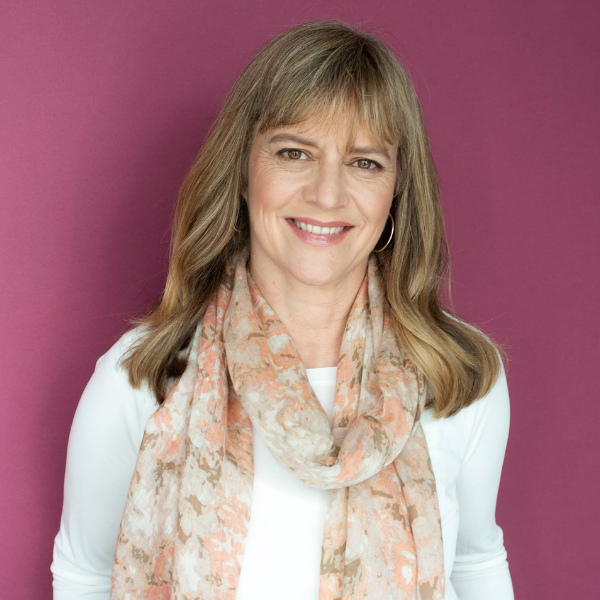Cheryl Foy on navigating ethical dilemmas in-house
I’m offering this advice column to support you as you tackle ethical and professional issues. Submit your questions anonymously here.
In response to last September’s column that explored the need for GCs to disengage our egos and ensure that “there is no them” among our organization’s stakeholders, Pinar Ozyetis, general counsel of LoyaltyOne, commented on LinkedIn that “This is a tension that most in-house lawyers have to grapple with in the pursuit of being the ‘trusted advisor’ — relationships of trust often being grounded in being close.” Ozyetis suggested we write more on this topic.
As I began to think about the column, I thought back to a column I wrote for Canadian Lawyer in 2012 in which I opined that, while GCs have to build relationships at work to be effective, they need to avoid making friends. Where friendships exist, I said, the friends have to clearly understand that when our obligations or the interests of the organization conflict, GCs have to fulfill our obligations and protect the interests of the organization. I continue to believe that if we form close friendships, it will be hard to be effective in our jobs when our friendship conflicts with our obligations. At the same time, I recognize that the lines between positive relationships and friendships are sometimes blurry. The social aspects of work are important and, as humans, we prefer to be liked. Most of us don’t enjoy conflict. Furthermore, while being too accommodating is a problem, if we’re seen as too difficult, aloof or removed, our ability to do our jobs is equally compromised.
The answer to navigating through the tension between relationship and obligation is based in good measure on building trust and ensuring understanding and support for the role we play.
Trust: Trust is essential to what we do. In order to protect our organizations, representatives of our organizations have to trust us on multiple levels. They have to trust us to protect confidential information. They have to trust our legal knowledge and skills. They have to trust our judgment and our advice. They have to trust us to represent them appropriately.
How In-house lawyers build trust: In the 2020 Harvard Business Review article “Begin with Trust,” Frances X. Frei and Anne Morriss (co-authors of Unleashed: The Unapologetic Guide to Empowering Everyone Around You) say that three elements are necessary for leaders to build trust: authenticity, logic and empathy. They write: “People tend to trust you when they believe they are interacting with the real you (authenticity), when they have faith in your judgment and competence (logic), and when they feel that you care about them (empathy).” All of this applies to lawyers working in-house who want to build trust: We have to be real; we have to do our jobs well; we have to demonstrate genuine care for our colleagues; and we have to be consistent, fair and objective. We must act with integrity. If our colleagues see all these things about us, they will give us leeway to push back when we think it’s necessary — our relationships will be strong enough to weather our dissent.
Building understanding: For in-house lawyers, it is also necessary that our CEOs and colleagues understand our roles. The foundation of trust has to lie in understanding and support for the role of the GC and other in-house lawyers. As B. Heineman writes, “. . . the CEO must want a general counsel who will be a great contributor to performance goals and a powerful and independent voice on integrity and risk.” There must be “deep respect for both the partner and guardian roles” (see pp. 455-6 in The Inside Counsel Revolution by Ben Heineman). In short, there must be an understanding — and even better, an expectation — amongst your CEO and colleagues, that your consistent agenda is doing the right thing for your organization. In the right environment, your commitment to doing the right thing for the organization, even when it tests your relationships, will be valued.
It’s virtually impossible for an in-house lawyer to create the right environment all alone. Exploring this is part of the diligence you should do when deciding whether to join an organization. However, educating your colleagues, and explaining and reinforcing your role is something you should be doing all the time.











